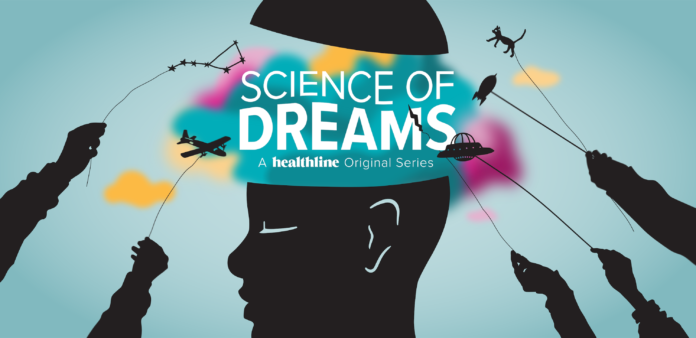Introduction
Welcome to an intriguing exploration of the enigmatic realm of dreams! We have all experienced the fascinating and sometimes bewildering world of dreams during our sleep. Dreams have captured the human imagination for centuries, and their significance and purpose have been subjects of great interest and speculation. In this blog post, we delve into the science behind dreams, unraveling their meaning and exploring the theories behind why we have them. So, fasten your seatbelts as we embark on this captivating journey through the mysterious landscapes of our sleeping minds.
The Phenomenon of Dreams
To begin our exploration, let’s delve into what dreams actually are. Dreams are a combination of images, thoughts, emotions, and sensations that occur during certain stages of sleep. They can range from fleeting fragments to vivid, complex narratives that seem incredibly real. Dreams often incorporate elements from our daily lives, as well as aspects of our imagination and subconscious mind.
The Science of Dream Interpretation
Throughout history, humans have sought to uncover the meanings behind their dreams. While dream interpretation is highly subjective, some theories and frameworks have emerged to guide our understanding. Prominent psychologists, such as Sigmund Freud and Carl Jung, proposed that dreams serve as a window into our unconscious desires, fears, and emotions. Other researchers suggest that dreams help consolidate memories, process emotions, and promote problem-solving.
The Function of Dreams
Why do we have dreams? Scientists have put forth several hypotheses to explain the potential functions of dreams. One theory posits that dreams facilitate emotional regulation, allowing us to process and regulate intense emotions that arise during wakefulness. Another hypothesis suggests that dreams play a role in memory consolidation, aiding in the transfer of information from short-term to long-term memory. Additionally, dreams may serve as a form of rehearsal, helping us practice and prepare for future events.
The Neurobiology of Dreams
Exploring the neurobiology of dreams provides valuable insights into their mechanisms. During sleep, the brain undergoes intricate changes in activity and connectivity. Rapid Eye Movement (REM) sleep, characterized by vivid dreams, is particularly intriguing. Studies have shown that REM sleep is associated with increased brain activity, specifically in regions involved in emotion, memory, and visual processing. The activation of these areas may contribute to the vividness and emotional intensity of our dreams.
Lucid Dreaming: The Gateway to Conscious Control
Lucid dreaming, a state in which the dreamer becomes aware they are dreaming, offers a unique opportunity to explore and manipulate the dream world consciously. Research suggests that lucid dreaming is associated with increased brain activity in regions responsible for self-awareness and executive functions. Techniques such as reality checks and dream journaling can help individuals develop lucid dreaming abilities and harness the potential benefits of this extraordinary state of consciousness.
Conclusion
Dreams have captivated human curiosity for centuries, and science continues to unravel their mysteries. While dream interpretation remains subjective, the scientific exploration of dreams provides valuable insights into their meaning and function. Dreams offer a doorway to our subconscious, aiding emotional processing, memory consolidation, and problem-solving. Understanding the neurobiology of dreams and harnessing techniques such as lucid dreaming expands our understanding of human consciousness and opens up new possibilities for self-exploration and personal growth.
In conclusion, dreams are a remarkable aspect of human experience. As we continue to study and explore the science of dreams, we gain a deeper understanding of our inner selves and the complex workings of the mind. So, embrace the enigmatic world of dreams, for within them lies a treasure trove of insights and untapped potential waiting to be discovered.


